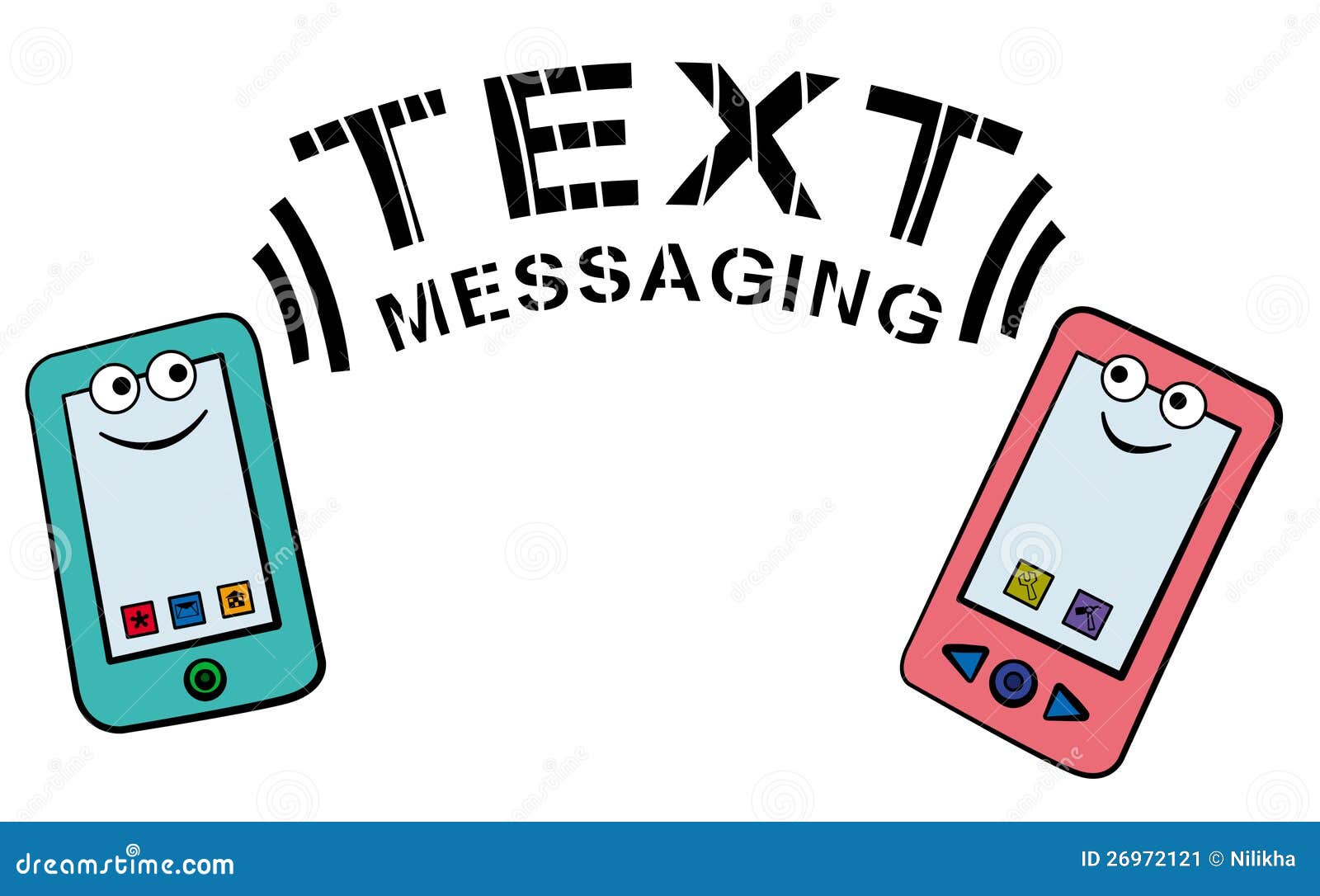

When we text someone we cannot hear the tone of voice they would have used and we cannot see their facial expressions so we may misinterpret what they are saying. Someone once said that texting is a brilliant way to miscommunicate how you feel, and misinterpret what others mean. Here are two examples of miscommunication in texting:


We may often say things that can be taken in different ways. You can say the same thing, but depending on the way that you say it, it can mean totally different things. For example you could say, "I love you" to a friend and it would mean something, but if you said, "I love you" to your girlfriend/boyfriend it can mean something totally different. It would be so much better if we put down distractions and electronics and took the time to speak to each other face to face. It would show how much we care and it would diminish the amount of misunderstandings that happen when we speak with others. Harold B. Lee said that we should communicate so clearly that we cannot be misunderstood. When misunderstandings arise we should give others the benefit of the doubt, assume the best (within experience), be patient kind and generous, and treat others with compassion. My professor said, "understanding is like oxygen; it is highly valued and extremely needed." Many of us crave understanding, we desperately want to be understood. We should seek to understand others before we seek to be understood. We should spend time expressing love and appreciation towards others because not only does is it uplifting, but when misunderstandings and conflicts arise we already know that they love and appreciate us. It is better to prepare and prevent than trying to repair and repent. Compromises are a wonderful thing, but it is often better to discuss the situation until we come to a consensus. A consensus is when a group of people reach a general agreement rather than forming a compromise. When we make decisions we should invite everyone to share their thoughts and feelings. We shouldn't have conversations when we are angry because it doesn't help anyone. It only creates a division in between us. Instead we should choose to love one another and talk about it when we are no longer angry, but can talk with each other with feelings of care and support. When we love someone we should make a special time to talk with them face to face because it truly will show how much we care because we are going out of our way to talk with them in person rather than speaking through the phone or by text messaging. When we do this it will also diminish the amount of misunderstandings and strengthen our relationships. So I would hope that we would all take some time out of our day to speak with the people we love, and if we cannot speak face to face because of long distance I would hope that we would at least call them so that we can hear their voice and we can speak clearly and lovingly. Loving others is learning how to communicate what we really mean and truly feel towards others.

No comments:
Post a Comment